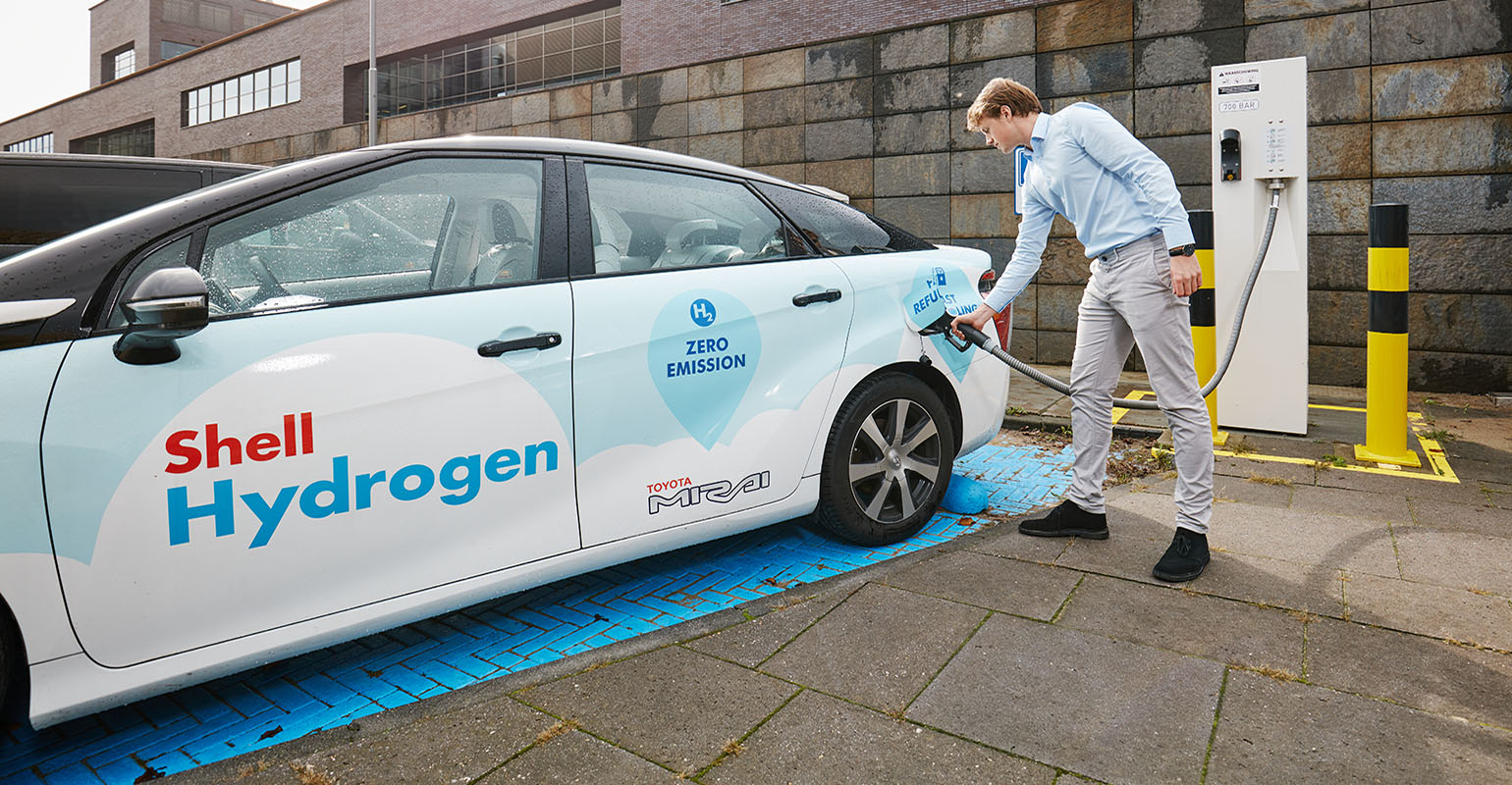
Shell Seeks to Exit Petrochemicals in Singapore

As Shell proceeds with its Energy Transition initiative that will see it become more of a natural gas giant than an oil major, its petrochemical assets in Singapore have come under the spotlight, with talk of divestiture, “repurposing,” or even closure if a suitable buyer or buyers cannot be found.
Shell operates or has stakes in multiple petrochemical plants producing ethylene, propylene, butadiene, styrene, benzene, polyols that can be used to make polyurethanes, and ethylene glycol, among other products. It also has an equity stake in The Polyolefin Company (TPC), a leading regional producer of polypropylene (PP), low-density polyethylene (LDPE), and ethylene vinyl acetate (EVA). TPC is particularly strong in random copolymer and terpolymer grades of PP for sealant film applications and solar module encapsulant film grades of EVA.
Beyond steam cracking
Shell is targeting net zero emissions by 2050 and, like other petrochemical and plastics suppliers, it sees reducing its dependence on these two energy-intensive product groups as a way to shrink its carbon footprint. The company’s Energy Transition Campus Amsterdam was launched in July 2022, creating opportunities for others to join in finding solutions to the world’s energy challenges. One such project is a collaboration between Shell and Dow to electrify steam cracking furnaces with renewable energy. Steam cracking is one of the most carbon-intensive processes in petrochemical production. E-cracking furnaces operated using renewable electricity have the potential to reduce Scope 1 emissions from steam cracking by up to 90%.
The issues with petrochemical and plastics operations in Singapore, however, are the space restrictions and unfavorable wind patterns that give the city-state little scope to establish renewable energy resources such as wind and solar. There had been talk of transmission of solar-generated electricity from Australia to Singapore over a distance of 2,800 miles, but the project collapsed. An exit from petrochemicals and plastics in Singapore, thus, appears to be the easiest solution.
Mitsubishi Chemical to reduce petrochemicals and plastics exposure
Shell is not the only company looking to reduce its petrochemicals and plastics exposure on the road to 2050 carbon neutrality. In December 2021, under the leadership of its first foreign CEO Jean-Marc Gilson, Japan’s Mitsubishi Chemical said it would spin off its petrochemical and carbon operations by March 2024. The company did not clarify if the businesses would be sold to a third party or become its subsidiaries. Gilson was formerly CEO of Roquette, a French food and drug ingredients company. He previously held executive positions at silicone manufacturer Dow Corning and biopharma and healthcare concern Avantor Performance Materials.
Mitsubishi Chemical plans to focus on specialty materials for electronics, healthcare, and life sciences as a part of a new management strategy. Under electronics, the company would target growth opportunities in electric vehicle lightweight materials (centered on engineering plastics), batteries, and semiconductors. Mitsubishi Plastics owns majority stakes in Japan Polyethylene and Japan Polypropylene.

Leave a Reply